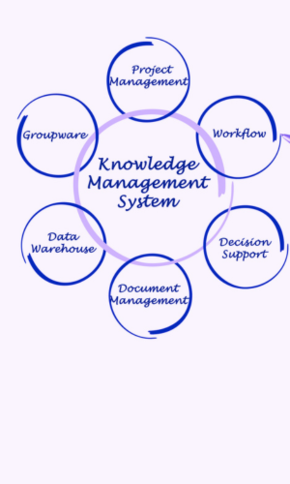Our solution for e-commerce sector
There are several software solutions that are essential and highly beneficial for e-commerce businesses. Here are some key software options for e-commerce:

E-commerce Platforms
Platforms like Shopify, Magento, WooCommerce, and BigCommerce provide the foundation for setting up and managing online stores. They offer features such as product management, shopping cart functionality, payment gateways, order processing, and inventory management.

Payment Gateways
Payment gateways such as PayPal, Stripe, or Square enable secure online transactions by connecting e-commerce websites with payment processing networks. They facilitate payment acceptance and provide a seamless checkout experience for customers.

Inventory Management Software
Inventory management systems such as TradeGecko, Stitch Labs, or Skubana help e-commerce businesses track and manage inventory levels, automate reordering, and streamline fulfillment processes. They provide real-time visibility into stock levels and optimize inventory control.

Email Marketing Software
Email marketing platforms like Mailchimp, Klaviyo, or Campaign Monitor allow businesses to create and automate targeted email campaigns. They provide features for segmentation, personalized messaging, and performance tracking to engage customers and drive conversions.

Content Management Systems (CMS)
CMS platforms like WordPress or Drupal are commonly used for e-commerce websites. They provide flexibility in creating and managing website content, including product pages, blog posts, and other informational content.

Customer Relationship Management (CRM)
CRM systems like Salesforce, HubSpot, or Zoho CRM help businesses manage customer data, track interactions, and nurture customer relationships. CRM software enables personalized marketing, customer support, and targeted communication.

Analytics and Reporting Tools
Tools like Google Analytics, Kissmetrics, or Adobe Analytics help businesses track website traffic, customer behavior, and sales performance. These tools provide valuable insights into customer preferences, conversion rates, and overall business performance, enabling data-driven decision-making.

Social Media Management Tools
Social media management platforms such as Hootsuite, Buffer, or Sprout Social help businesses manage their social media presence, schedule posts, monitor conversations, and analyze engagement. These tools enable businesses to build brand awareness, engage with customers, and drive traffic to their e-commerce websites.
Conclusion
These software options, among others, play a crucial role in supporting various aspects of e-commerce operations, ranging from website management and customer engagement to payment processing and data analysis. The choice of software depends on the specific needs and goals of the e-commerce business.
